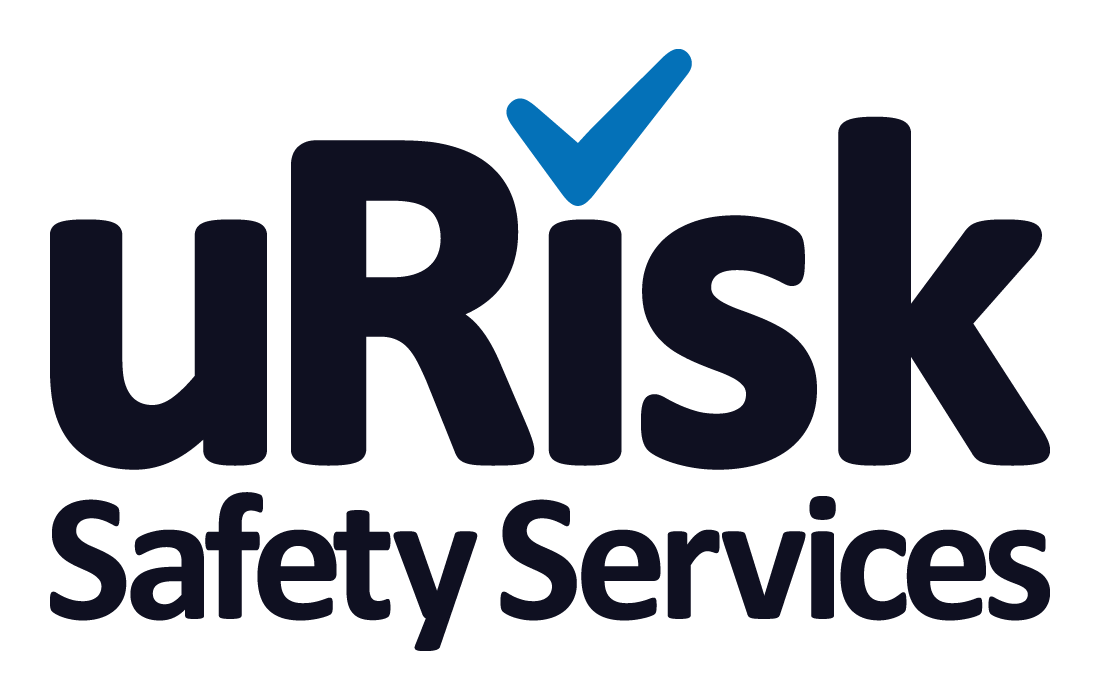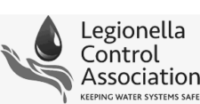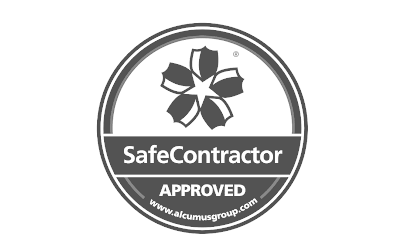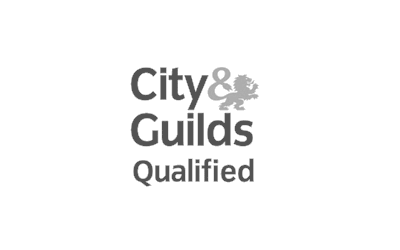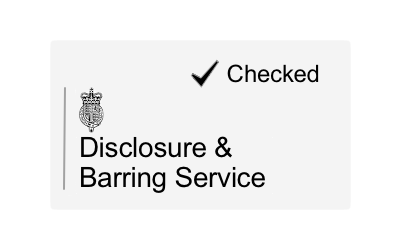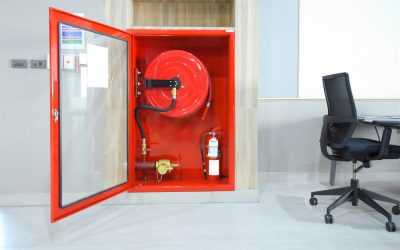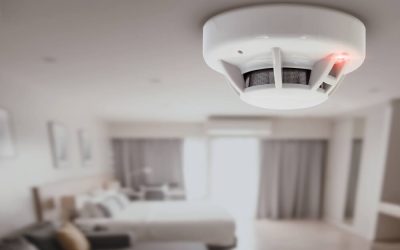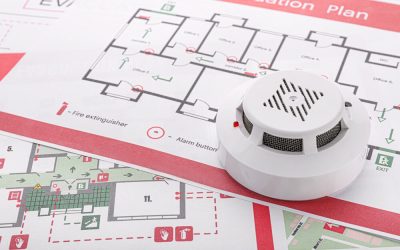Looking For a Care Home Health and Safety Risk Assessment?
Health and safety in care homes and nursing homes is paramount. In addition to being part of any business’ legal requirements, care home and nursing home residents are vulnerable adults which means extra precautions need to be taken to ensure their safety. However, their age and underlying health conditions make them particularly vulnerable to Legionnaires’ disease, a potentially fatal illness that is caused by the accidental inhalation of legionella bacteria – usually through the inhalation of tiny droplets of contaminated water.
Even if there are no fatalities, outbreaks of Legionnaires’ disease in care homes are hugely damaging. Not only will the home incur the costs of any remedial work necessary, it is likely there will be a substantial fine – one Southampton care home was ordered to pay £150,000 plus costs after the death of one of its residents. The reputational damage can also be difficult to overcome.
Why are legionella bacteria so dangerous to vulnerable people?
Healthy people under the age of 45 are the least at risk of developing Legionnaires’ disease even if they come into contact with legionella bacteria. However, once someone reaches 45, they become progressively more susceptible to exposure to the bacterium, especially if they smoke or are a heavy drinker. The older you become, the more dangerous the bacteria will be. As care home residents tend to be elderly, they are therefore more likely to suffer ill effects as a result of unsafe levels of legionella.
People who have long term health conditions, especially chronic respiratory conditions, are also vulnerable to contaminated water that contains legionella bacteria, whatever their age. The older we get the more likely we are to develop health conditions anyway, which means that the vast majority of care home residents will also be medically vulnerable, and are therefore at higher risk of developing Legionnaires’ disease.
Controlling legionella in nursing and residential care homes
If you are responsible for health and safety in nursing homes or residential care homes, you will need to undertake regular legionella risk assessments as part of your care home health and safety compliance.
The risk assessment will look at all aspects of your water systems management in relation to legionella bacteria. It will make sure that duty holders and responsible persons have the necessary knowledge and awareness to prevent the bacteria from thriving, multiplying and becoming a danger to your nursing or care home’s residents who are already at increased risk from the potentially fatal form of Legionnaires’ disease. We suggest using a legionella thermometer to manage and measure water temperature.
This means ensuring:
- The cold water temperature is less than 20oC
- The hot water temperature is at least 50oC
- The entire water system is regularly flushed
- There are no parts of the water system where water can stagnate, e.g. in a dead leg
- There are no nutrients in the water that could feed legionella bacteria, e.g. algae, biofilm, scale, rust, sediments
Training
We would be happy to undertake your care home’s workplace health and safety management, including risk assessments, monitoring and water testing on your behalf. If this is something you would prefer to do inhouse, then we offer classroom training courses that will enable you to fulfil your legal responsibilities by reducing risk factors and preventing a Legionnaires’ disease outbreak – Legionella Awareness, Legionella Risk Assessments and Legionella Monitoring. Contact us for more information.
Legionella and Water Hygiene Blog Posts
Office Fire Risk Assessment
As you would expect, keeping your office safe from the risk of fire is a legal requirement under the Regulatory Reform (Fire Safety) Order 2005. If you are the owner or manager of a business, or landlord of an office building, it is your responsibility to ensure your...
Fire Risk Assessment For Flats
Your legal requirements as a landlord include taking precautions to keep your tenants safe, including when it comes to the risk of fire in flats. As part of the fire safety regulations, fire risk assessments for flats is therefore part of your legal obligation to...
Getting A Risk Assessment For Fire in the UK
As an employer, landlord or facilities manager, it is your legal responsibility to keep everyone who uses your premises safe. A fire risk assessment is an important part of this because it identifies what might cause a fire so you can take steps to prevent one, as...
